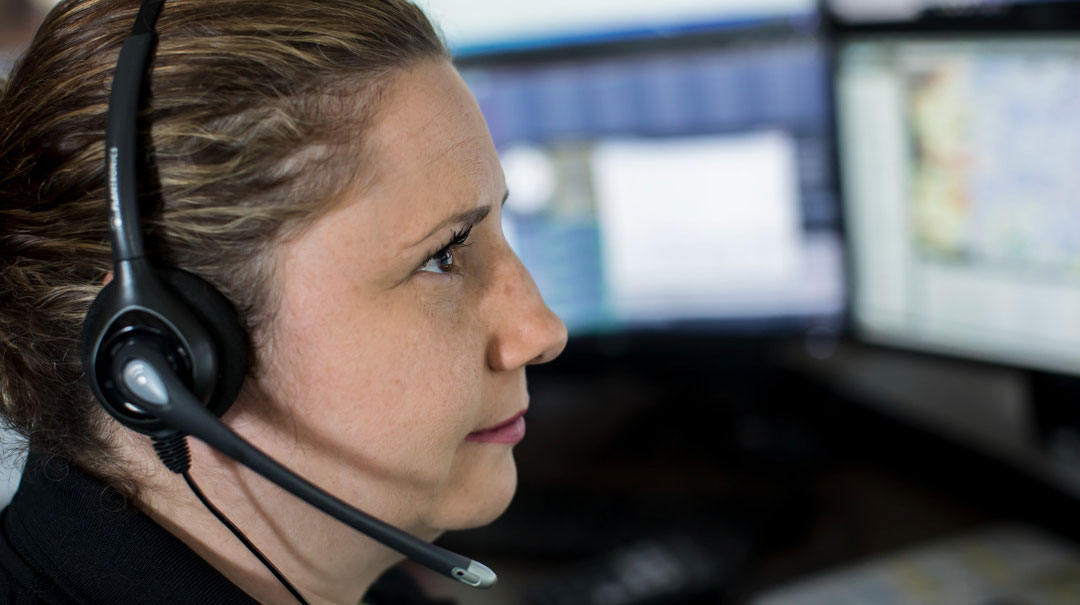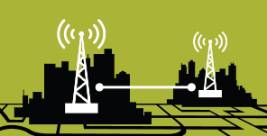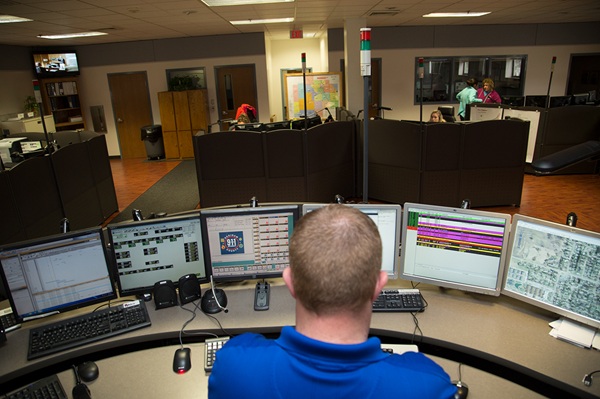In the chill of night,
At the scene of the crime
Like a streak of light
He arrives just in time
~ Theme from Spider Man
Robert Harris and Paul Francis Webster
Ask my kids now about it and they will surely smile. When they were younger, I was steadfast in convincing them I was a superhero. Well, not me specifically as a caped crusader, but cops in general. I knew they would hear things in school about the police, both good and bad, so I needed a reference point for them until they were old enough to make a judgement for themselves. How else could I get them to understand that the policing profession is noble, honorable, and just. How the police were there to help those in need. That the police were the ones that would run toward danger and not away. And that the police were those souls that stood on that thin blue line that society counts on when evil makes a run at the good.
A Day of Appreciation
Today is Law Enforcement Appreciation Day. Quite frankly, in my former career I paid much more attention to National Law Enforcement Week in the Spring when we honored and mourned the loss of those peace officers that paid the ultimate sacrifice. Growing up in the Pipes & Drums of the Blue & Gold it was our unwavering mission to honor the sacrifice of those that were killed in the line of duty. I guess then I took being a cop for granted. I was too busy and focused to think any differently. After all, was it not our mission to be out there in harm’s way to defend the defenseless, assist the weary, and aid the helpless. Yet, today, now watching from the cheap seats my appreciation for what police officers do day-to-day has grown exponentially. Whether it is the stories of heroism, the stories of service, or just the stories of good deeds we see the police doing every day for their communities.
On Christmas Day we all awoke to what could have amounted to a tragedy of epic proportions in Nashville, Tennessee, if not for those local superheroes that “in the chill of the night, arrived just in time.” In the early morning hours of one of the holiest days of the year, Nashville Officers James Wells and Amanda Topping sped to Second Avenue in the city’s downtown district on call for backup related to a possible bomb. Upon arrival they immediately confronted an ominous situation when they parked alongside an RV that was barking out evacuation orders complete with a bomb detonation count down through a public address system. Earlier, three other officers, Brenna Hosey, Michael Sipos, and James Luellen had arrived on the scene on what was originally reported as “shots fired.” In and of itself, responding to a “gun call” where your life and those with you will immediately be in danger, is not anything the average citizen would ever experience. Yet now, all five of these officers found themselves in a middle of something only comic books could bring to life. In fifteen minutes, there would be the possibility of an explosion.
In essence, the officers were placed into what would be considered a Hobson’s choice scenario for no other reason than because of what they believed in and stood for. Now a citizen, upon hearing those evacuation orders, could run to safety. It’s not that the cops could not exercise that same choice, it’s just that running away from danger is just not an option. For these cops, like the thousands like them across the world, the mission they believed in – fighting for good against evil – compelled them to rush door-to-door to alert residents in the vicinity to evacuate. While Wells and Topping “armored-up” in preparation to engage and counter a secondary attack of unknown but just as deadly in nature, the others feverishly evacuated residents within minutes of detonation. By the grace of God no one outside the bomber was killed during the blast, but we will never know exactly how many people were saved because of the quick action of these cops. What we do know is that we are thankful that there are men and women who everyday suit up in the blue (or tan) to confront the unknowns that advancing public safety delivers daily.
Those unknowns run the gamut. As the Capitol Police experienced this past week when they were put to the test defending America’s temple of Democracy. Or when several officers with the Alliance Police Department of Ohio found out when they jumped into the icy waters of the Mahoning River in November to save a woman who was trapped in her submerged van. Or in Wilson County, North Carolina, when Trooper Daniel Harrell, after being shot twice in the face, refused to give up and pursued his offender long enough without losing consciousness that enabled other officers to bring the incident to closure without others being injured. Or when Officer Dana Crocker of the Knoxville Police Department this past August provided a homeless man with a pair of shoes and a new shirt.
The Thin Blue Line
The history of the “thin blue line” in policing dates back to the 1920’s when New York Police Commissioner Richard Enright first used the phrase in a public relations effort.[1] That was then followed over the years by others, but particularly in Los Angeles in the 1950’s by Chief Bill Parker who used it to describe how the police were the steel girders needed to underpin law and order. One of my favorite authors, former Joseph Wambaugh, former LAPD officer, mainstreamed the phrase through the 1980’s.
Yet, it was Judge Don Metcalfe who presided over the Dallas Police Officer Robert Wood murder trial, who explained it best. The Judge’s words that follow were used in the 1988 documentary film, The Thin Blue Line, and cogently underscore why we need to forever appreciate the police. While his words crystalize at the end of the second paragraph it is important to place it all in context.
“I always tried very hard – every judge I know of does –
to not show emotion on the bench.
The reason: if you do show emotion, the jury might take
it that you’re favoring one side or another.
So you try to remain passive, emotionless, objective.
I do have to admit that in the Adam’s case – and I’ve never really said this –
Doug Mulder’s final argument was one I’d never heard before:
about the “thin blue line” of police that separates the public from anarchy.
I have to concede that my eyes kind of welled
up when I heard that. It did get to me emotionally,
but I don’t think I showed it.” [2]
A small token
As I finished penning this blog post, I just learned that Detective Richard Hershey of the New Jersey State Police was named the 2020 Trooper of the Year, that organization’s highest honor. Detective Hershey had been following up on an investigation into a violent robbery at a trailer park in Southern New Jersey. He was there to help bring justice to victims, resolution to the families, and peace to the community that was targeted. Three of the robbery suspects had returned to the scene while Detective Hershey was there interviewing witnesses, which quickly erupted into a gun battle between Hershey and the suspects. Hershey was struck by gunfire but continued the fight even though he was bleeding profusely and unable to walk. His heroic actions prevented further tragedy in that community and he is to be credited for protecting the citizens that were there. When I told my daughter about the event and how things unfolded, she turned to me with a smile and said, “Dad, what do you expect, he is a superhero!”
When we appreciate something, regardless of what it may be, we do so by estimating the quality and worth of it. Whether it is standing between opposing demonstrators offering them all opportunities to express their grievances peacefully, handing out shoes to the homeless, rendering aid to the needy, stopping or finding violent offenders, evacuating potential bombing victims, or being on the front line of a pandemic, it is clear to me that in the chill of the night we can all be thankful that we have guardians out there to keep watch over us. When we see the best and worst in our society we are reminded that law enforcement is fundamental to our sacred democracy. Take some time today and show your appreciation to a law enforcement officer. Superheroes and cops don’t expect much in return, a simple smile, a nod of the head, or perhaps a thumbs-up is all. We know they deserve it, and they will certainly appreciate it.




